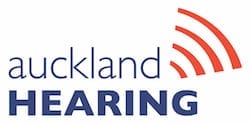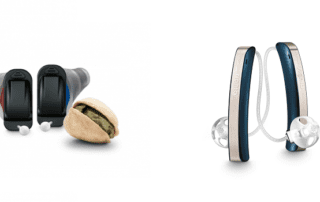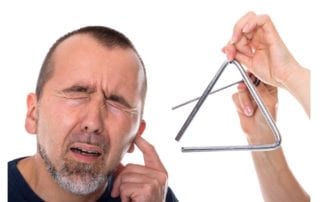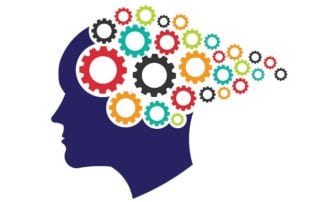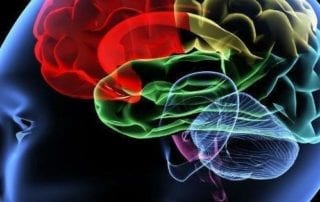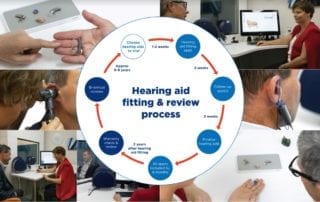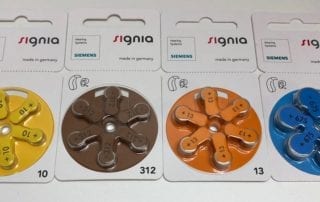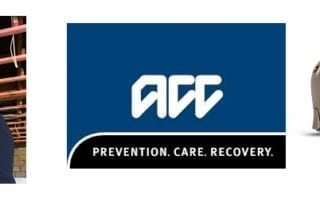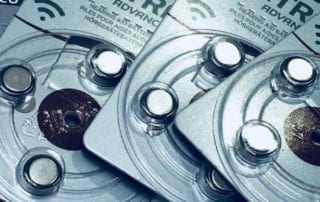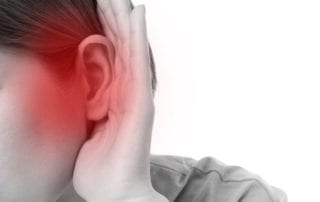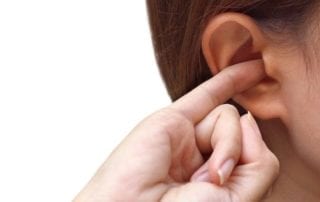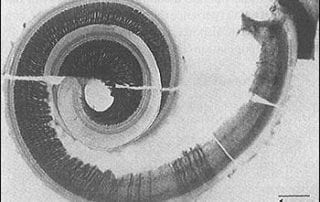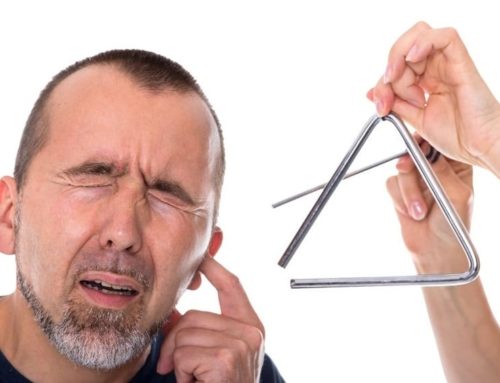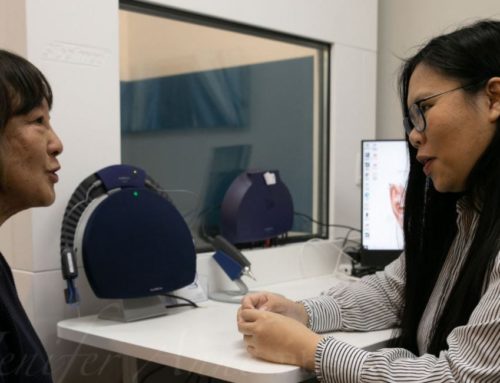Your Hearing Journey – The path to hearing again
Hearing loss, hearing aids & making your decision
Hearing loss, getting and then wearing hearing aids has been described as a hearing journey. Hearing loss is often gradual, it takes time to become aware of how hearing loss is affecting your day to day life. Accepting hearing loss and adjusting to the idea of managing hearing loss is a journey that has many rewards. Sometimes it takes time, some people choose not to complete their hearing journey. Those that do go through the process of hearing again are often surprised at how long they waited to take action. This page is a summary page of our blogs. The blogs will take you along the pathway from understanding what it means to have hearing loss to hearing again. Our first three blogs are about hearing loss, hearing aids and making your own decisions to get hearing aids.
Hearing loss
For many people hearing loss begins gradually over time. Often we do not notice our hearing loss, even as it gets worse. It is our friends and family who point out that we do not hear as well as we once did. We do not notice our hearing loss because we adapt and adjust, we make accommodations and our hearing level is normal to us.
Having a diagnostic hearing assessment clarifies the type of hearing loss and helps us understand the possible cause and options for management. It can take time to come to terms with having hearing loss and making a decision to do something about it.
Hearing aids
Well fitted hearing aids are a common way to help people hear better again; they bring clarity back to speech and make conversation easier. Often there is a stigma around getting hearing aids; people believe that only older people wear hearing aids or that hearing aids are very obvious. Hearing loss happens for people of all ages for many reasons. Current hearing aids are discrete, sophisticated technology; often a person’s hearing loss is more evident to others than the hearing aids themselves.
Making your own decision to get hearing aids
It is essential that once you decide to get hearing aids that you are choosing to get them to help yourself (rather than getting hearing aids because someone told you to). It is important that it is you that has decided to get hearing aids; that you are getting them because you know that hearing better will help you to hear conversations easily again. You want to be more involved in the world around you and be less tired at the end of the day. When you are ready to hear well again you will be in a positive frame of mind which will help you along the hearing journey to successfully adjust to hearing again.
Making your decision to get hearing aids
Every process begins with a decision. The key to success with hearing aids is: that you have decided for yourself that you are ready to get help with your hearing. Have
Do I have hearing loss? Do I need hearing aids?
“Perceived need*” is the main reason for the slow uptake of hearing aids for some people. *The perception that hearing loss is not severe enough Why? – because people adjust
Do I need hearing aids? What is the right solution for me?
Well… “Do you need hearing aids?” Hearing loss is common Many people wear hearing aids Have you noticed them? Hearing aids have changed significantly over the last few years
Brain hearing and effect of hearing loss on cognitive function
Understanding the effect of hearing on the brain and cognitive (thinking) function is a very active area of research; as hearing changes the pathways and auditory cortex (hearing areas) in the brain change too. When we start hearing again, these areas reactivate in regions that have been dormant, and it can take a bit of time to adjust to hearing sound again. Understanding the process of change as you hear sounds you have not heard for a long time is a critical element of the hearing aid fitting process. It is your Audiologist who will help you move along this path to hearing again.
We have known for many years that hearing loss can lead to isolation and depression, recently a clear connection between hearing loss and cognitive function has been established. When you have hearing loss it takes a lot more effort to communicate. As hearing loss increases that effort can become significant, to the point where people stop trying to engage. Listening effort takes up valuable brain resources; memory and cognitive function can suffer as a result. Read these articles for more information as to why this occurs.
What is that ringing in my ears?
Tinnitus – where is that sound coming from? Tinnitus is the name given to sound or noise heard in the head that does not
Did you know that hearing loss is linked to memory loss and dementia?
Did you know that hearing loss is linked to memory loss and dementia Hearing loss is widespread, and it affects people
Detect sound with your ears – Hear with your brain
We hear with our ears right? That’s how we’ve always considered it. But when we think about hearing, we really mean how we use the sounds we collect from our ears. You actually hear
Hearing aids keep you active and part of the crowd
If you have difficulty hearing you are not alone. Hearing loss is one of the most common health problems affecting 10% of New Zealanders. Effects of hearing loss include difficulty
Getting hearing aids and other hearing solutions
Hearing aids are not the only way to help with hearing loss; assistive listening devices may be a better option for some people. Once you have decided you want to hear better, we need to decide on the best solution for you. We do this by finding out about the listening situations you are in regularly and the areas where you want improvement. We create a set of listening goals that you would like to achieve when you can hear better. From there we choose the technology most suited to you to help you along your hearing journey.
- What level of technology do you need to meet your needs?
- Is control over the sound you are hearing important to you?
- Would you prefer your hearing solution to adjust automatically?
- Do you need to stream directly to your phone for phone calls, music or movies?
- Will rechargeable batteries make the aids easier to manage for you?
- Is a certain size or style of hearing aid influential for you?
- Do you have a particular budget in mind?
- Are sound quality and hearing performance your priority?
- And of course, your hearing aids need to be fitted (customised) to your hearing and acoustics of your head shape – more details here
These blogs give some information about getting hearing aids or listening devices and some of these things to consider.
Hearing Aid Technology and Innovation
Have you thought about how you would like your hearing aids? Like computers, tablets and phones, innovations in hearing aid technology is improving
Getting Hearing Aids – What is the Process?
5 Steps to hearing aids The first and hardest step for many is the first one, making an appointment for a hearing test. Research has shown it takes people
Set 900 by Sennheiser – Your hearing aid alternative
As hearing loss increases in severity it makes conversation more difficult and stops us connecting with our friends and family. Some people need a simple
Hearing aid batteries – types, sizes & recycling
Battery sizes Size 10 batteries (yellow) Yellow labelled size 10 hearing aid batteries are used in the smallest hearing aids including Invisible in the canal (IIC), completely in the canal
ACC hearing aid funding and noise induced hearing loss
Accident compensation corporation (ACC) covered injury from accidents in NZ and has been active since 1974. If you have worked in a noisy job that may have contributed to a hearing loss, in New Zealand, you may be eligible for funding towards hearing aids. These blogs give more details about noise-induced hearing loss, the ACC scheme, how to apply for ACC and how to get batteries sent to you once you have your hearing aids.
ACC hearing aid funding – Included products and services
ACC covers the cost of accidents in New Zealand ACC provides “comprehensive, no-fault personal injury cover for all New Zealand residents and visitors to New Zealand. This means you
How to apply for ACC Hearing Aid Funding
How to apply for ACC funding for hearing aids You may be able to get funding for hearing aids through ACC (Accident Compensation Corporation). So how do you apply for
ACC hearing aid batteries – how to order batteries for ACC funded hearing aids
If you had your hearing aids funded by ACC, your batteries are included as part of your ACC cover. In the past ACC hearing aid batteries were sent out automatically
Noise Destroys – Noise induced hearing loss
NFD – Hearing Awareness Week 2018 (3 – 9 March) The National Foundation for the Deaf extended World Hearing Day 2018, into a week of awareness-raising to prevent noise-induced hearing loss
Other blogs
What could be causing your itchy ears? And what to do about it.
Happiness is having a scratch for every itch. Ogden Nash The most obvious way to manage itchy ears is to get to the itch and scratch it. However, like most
Wearing and Caring for your Custom Earplugs
Putting your custom earplugs in your ears. Custom Sleep plugs Red is for the right ear and Blue is for the left ear. The removal cord sits at the bottom
Dead regions in the cochlear
Cochlear dead regions Earlier this year, I went to a talk by Brian Moore at The University of Auckland School of population health about testing for cochlear dead regions using
